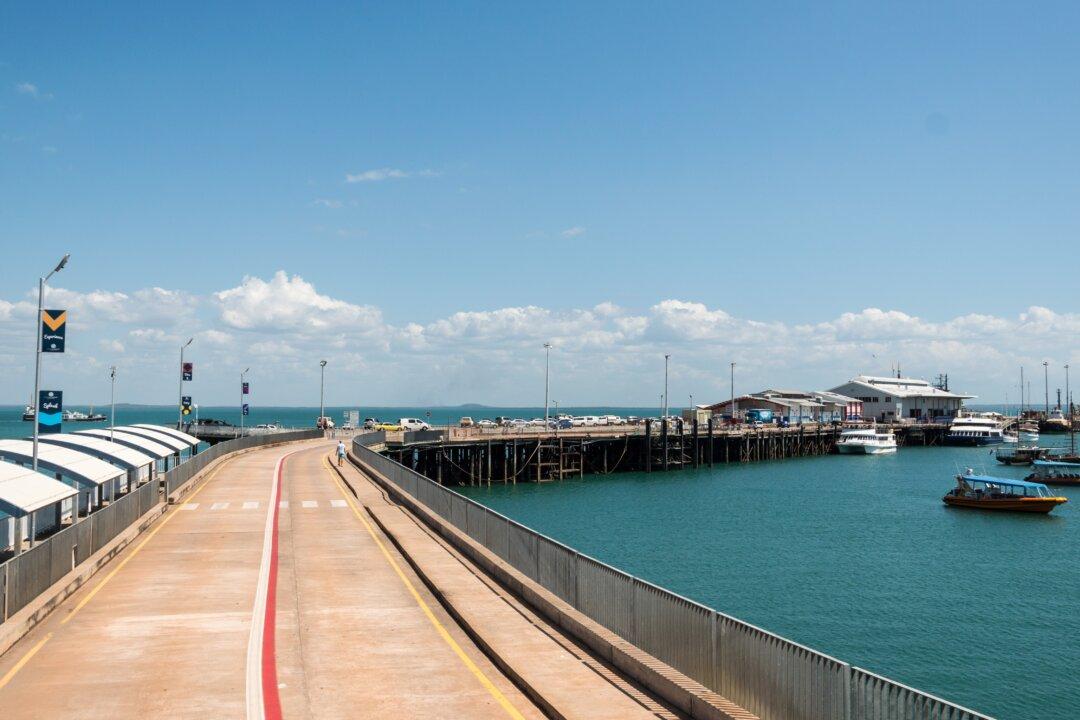The Australian Defence Department has completed its assessment of the controversial Chinese-leased Port of Darwin, signalling an impending decision from the federal government on whether to scrap the deal.
Peter Tesch, deputy secretary of strategy and policy at the Department of Defence (DOD), said the review, which the national security committee ordered in May, had been handed to the government.





